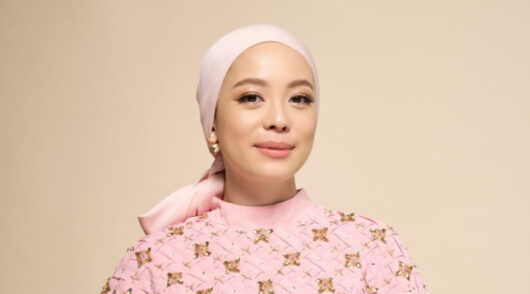Last year was “a year to forget” for the South Korean fashion industry according to the Samsung Fashion Institute (SFI) which blamed a depressed economy for slow sales and shrinking margins.
After peaking in 2013, fashion goods’ share of the total retail market has declined for three straight years. In the third quarter of last year, fashion accounted for 70 per cent of department stores’ revenue, down from 78.6 per cent in 2012. Department stores have traditionally been the primary movers of apparel and other fashion goods in South Korea.
Divergent consumer trends have emerged this year, one of them being the increased popularity of homewear such as pajamas.
Apparel stores in newly opened multiplex shopping malls have begun to tap into a shifting consumer emphasis from product to experience by incorporating lifestyle products into their stores. Forecast to become more widespread next year, retail brands are investing in creating stores in which customers can get a better feel for the idea behind their brand via product experience, reported the SFI.
The political drama involving the country’s presidency that engulfed South Korea earlier this year created a cultural disposition more open to expression of personal views and opinions.
Apparel with political or social slogans became more popular globally, and the role of companies in contributing to societal goodwill and harmony will play a larger part in determining their success with consumers going forward.
Online shopping burgeons
Online shopping in 2016 grew by 21 per cent on-year to reach approximately 10 trillion won and that trend continued last year with online transactions reaching 930 billion won by October, roughly 20 per cent higher than during the same period in 2016. Meanwhile, the struggles encountered by traditional offline retail outlets signalled a shift in shopping behaviour.
Influencers on Instagram and bloggers became widely followed by consumers in their teens and 20s, with some of the most prominent moving from online to offline during the year.
Though no one style or product was the standout star throughout the year, long padded coats or “long padding” as referred to in South Korea have become a massive hit in latter weeks.
With the economy projected to rebound in 2018, the SFI believes consumers will seek more personalised offers by retailers this year, taking into account the store’s design and layout, the shopping process, and the thoughts and emotions evoked by brands.
The SFI warns that companies which fail to take the changing consumer climate into account and differentiate themselves will find it difficult to attract customers.
- Original reporting by Lina Jang of Korea Bizwire.






